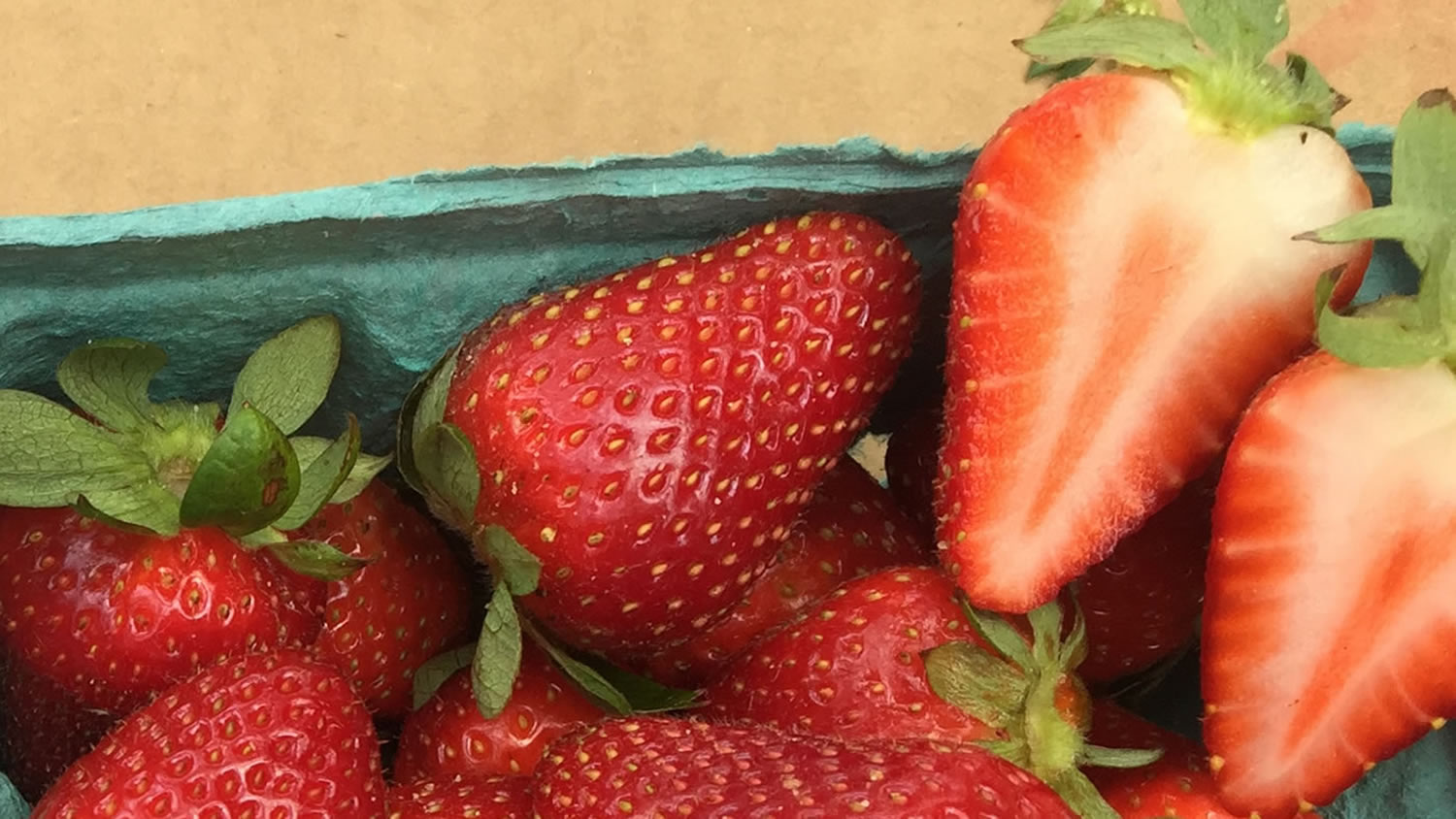Fruits
go.ncsu.edu/readext?267621
en Español / em Português
El inglés es el idioma de control de esta página. En la medida en que haya algún conflicto entre la traducción al inglés y la traducción, el inglés prevalece.
Al hacer clic en el enlace de traducción se activa un servicio de traducción gratuito para convertir la página al español. Al igual que con cualquier traducción por Internet, la conversión no es sensible al contexto y puede que no traduzca el texto en su significado original. NC State Extension no garantiza la exactitud del texto traducido. Por favor, tenga en cuenta que algunas aplicaciones y/o servicios pueden no funcionar como se espera cuando se traducen.
Português
Inglês é o idioma de controle desta página. Na medida que haja algum conflito entre o texto original em Inglês e a tradução, o Inglês prevalece.
Ao clicar no link de tradução, um serviço gratuito de tradução será ativado para converter a página para o Português. Como em qualquer tradução pela internet, a conversão não é sensivel ao contexto e pode não ocorrer a tradução para o significado orginal. O serviço de Extensão da Carolina do Norte (NC State Extension) não garante a exatidão do texto traduzido. Por favor, observe que algumas funções ou serviços podem não funcionar como esperado após a tradução.
English
English is the controlling language of this page. To the extent there is any conflict between the English text and the translation, English controls.
Clicking on the translation link activates a free translation service to convert the page to Spanish. As with any Internet translation, the conversion is not context-sensitive and may not translate the text to its original meaning. NC State Extension does not guarantee the accuracy of the translated text. Please note that some applications and/or services may not function as expected when translated.
Collapse ▲
North Carolina’s local and regional food system includes the production of apples, blackberries, blueberries, figs, kiwifruit, muscadine grapes, pecans, peaches, nectarines, raspberries, and strawberries. Through the NC State Extension program fruit specialists and agents provide research-based information, educational programs, and developments throughout the state regarding the production of small fruits, tree fruits, and niche crops.
The primary goals are to add value, enhance profitability, management strategies through local production and marketing for homeowners, fruit producers, and the processing industry. Successful fruit growth is highly dependent on practicing proper production techniques, soil nutrition, pest and disease management, training, and pruning. Through NC State University research, many new horticultural crops have been introduced or developed with genetic resistance to pests, disease, heat tolerance, drought, and freeze damage.
Fruit Resources
Small Fruits
The Small Fruit Program helps North Carolina and Southeastern farmers grow bunch grapes, muscadine grapes, strawberries, raspberries, blackberries, and blueberries. See how you can optimize production through varietal selection, pruning and training, pest management, and postharvest handling.
Tree Fruits
North Carolina ranks in the top 10 nationally for peach, apple, and pecan production. Explore successful grower solutions to orchard management, rootstocks, tree density, herbicides, common practices, and frequent challenges.
NC Fresh Produce Safety
Food awareness and consumption is the best strategy in maintaining a healthy community. Unfortunately, fresh fruit and vegetables have sickened many people and have been linked to several outbreaks since 1990. Prevent foodborne illness and contamination through our practical suggestions.
Please read our handbook on Food Safety for Schools + Community Gardens.


